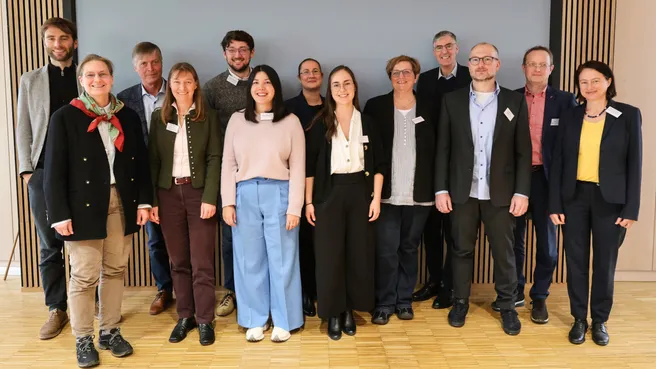Bioeconomy is an economy based on renewable resources and raises many expectations: moving away from fossil-based material cycles, improving environmental and climate protection, and strengthening rural areas. For this reason, the availability of all bio-based raw materials and residues in Bavaria was first analyzed, their potential determined, and possible uses evaluated from ecological and economic perspectives.
As the material flow analysis of agriculture-based biomass revealed, agricultural raw materials are predominantly used for food production, livestock farming, soil nutrient supply, and energy and material applications. “We demonstrated that free potentials exist in agriculture for new value chains. It is essential to ensure the efficient use of biomass, including by-products and residues while considering potential environmental impacts,” says Dr. Norman Siebrecht, Deputy Head of the System Assessment Department at the TFZ.
Using the example of biogas, the researchers emphasized the need for a transparent and standardized evaluation of environmental impacts, which is crucial for assessing future developments.
The material flow analyses of wood-based biomass show that 40 percent of sawn timber is currently exported. This could also be utilized regionally, making it even more climate-friendly. “All fresh and recycled wood is used equally for material and energy purposes,” summarizes Prof. Dr. Gabriele Weber-Blaschke, head of the Resource Flow Management Research Group at the Wood Research Munich of TUM. The researcher sees significant additional potential over the next twenty years. Due to increased timber stocks and the necessary forest restructuring, a rise in harvesting volumes is expected. From the perspective of climate protection and carbon storage in wood, durable products made from softwood and hardwood are more advantageous than purely energetic uses. According to Weber-Blaschke, wood products could replace particularly resource- and energy-intensive products, and waste wood could initiate a circular economy.
The results presented form a basis for the future development of the Bavarian biomass resource strategy. The Bavarian Ministry of Economic Affairs and the Bavarian Ministry of Agriculture funded the project.
Further information at https://www.lse.ls.tum.de/howi/fb-stoffstrommanagement/forschung/biorest/
